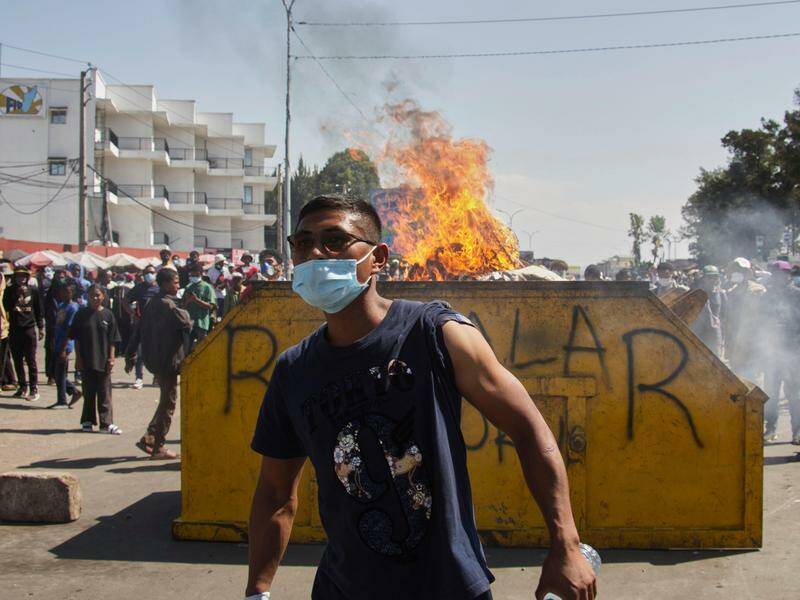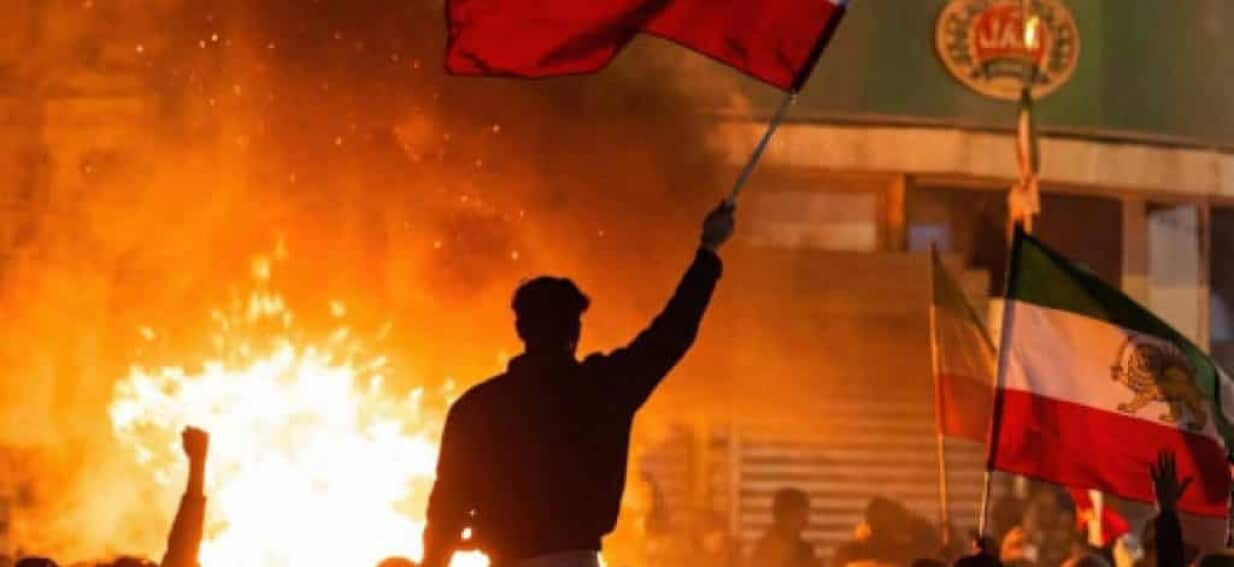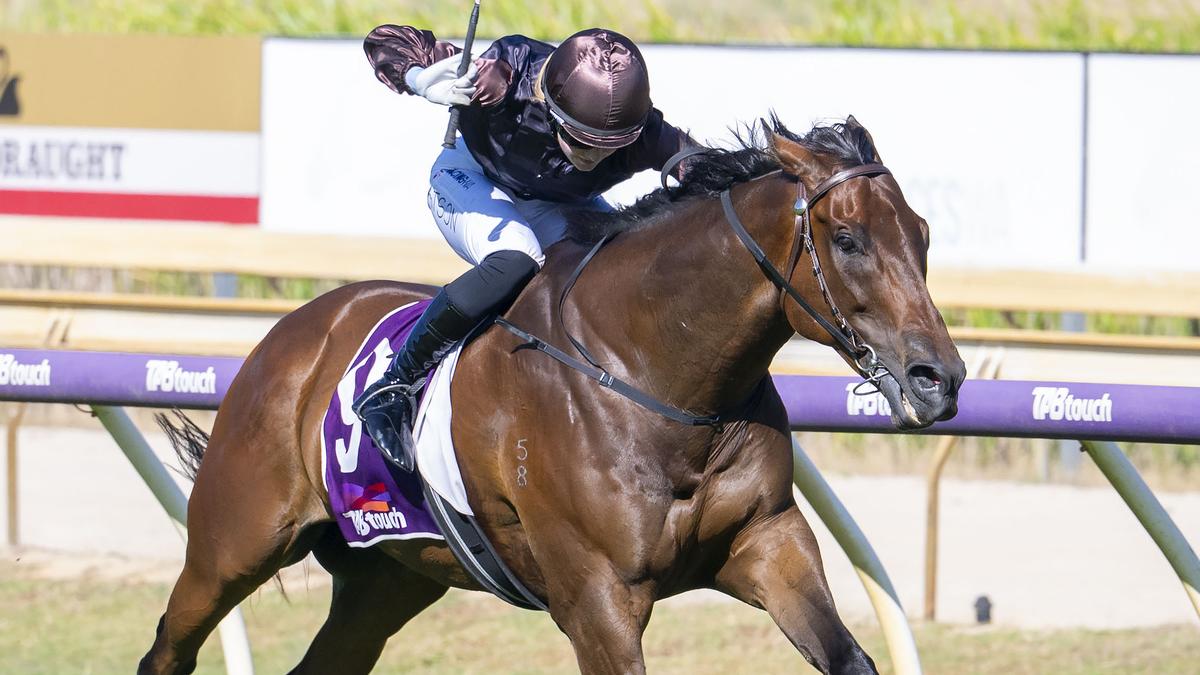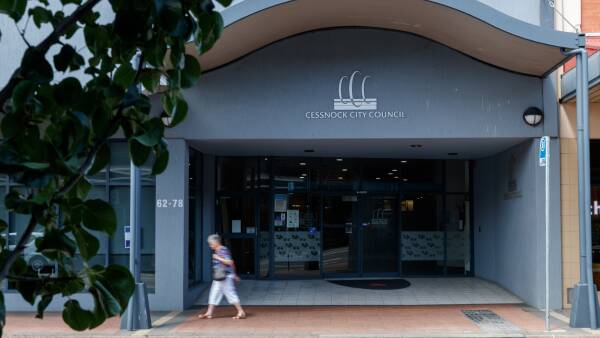
The political crisis in Madagascar escalated significantly when President Andry Rajoelina announced the immediate dissolution of the National Assembly. This decision comes in the wake of a military rebellion that forced him to flee the country, raising concerns about the stability of the Indian Ocean nation.
On March 5, 2024, Rajoelina issued a decree via the presidency’s official Facebook page, stating that the National Assembly would be dissolved. His whereabouts remain unknown following an apparent coup attempt led by an elite military unit that joined ongoing youth-led protests demanding his resignation. The protests, which have been ongoing for weeks, intensified over the weekend, leading to calls for Rajoelina to step down.
Protests and Military Involvement
Following a speech broadcast on social media, Rajoelina revealed he had relocated to a “safe place” due to fears for his safety, although he did not disclose his location. His announcement to dissolve the National Assembly came just as lawmakers were convening to discuss potential impeachment proceedings against him. By taking this action, Rajoelina effectively obstructed any immediate attempts to remove him from office.
Madagascar is currently experiencing its most severe political turmoil since 2009, when Rajoelina himself ascended to power following a coup. The current unrest is driven largely by widespread dissatisfaction with the government, particularly among younger generations. Protesters have expressed their grievances about chronic issues such as water and electricity shortages, high poverty rates, and allegations of corruption involving government officials.
Inspired by similar movements in countries like Nepal and Sri Lanka, the youth-led protests gained momentum last month. A pivotal moment occurred on March 2, 2024, when members of the CAPSAT military unit, responsible for overseeing Madagascar’s armed forces, openly sided with protesters, demanding Rajoelina and his cabinet resign.
A Call for Dialogue
In his speech delivered from an undisclosed location, Rajoelina condemned the actions of the military unit, characterizing them as an “attempt to seize power illegally and by force.” He called for dialogue to resolve the ongoing crisis and emphasized the need to respect the constitution, pushing back against the growing calls for his resignation.
Rajoelina was first elected president in 2018 and secured re-election in 2023, although that election was marred by a boycott from opposition parties. The current political landscape in Madagascar remains fragile, with the potential for further unrest as the president navigates the challenges posed by both the military and the protests. As the situation develops, the international community watches closely, aware of the implications for stability in the region.






